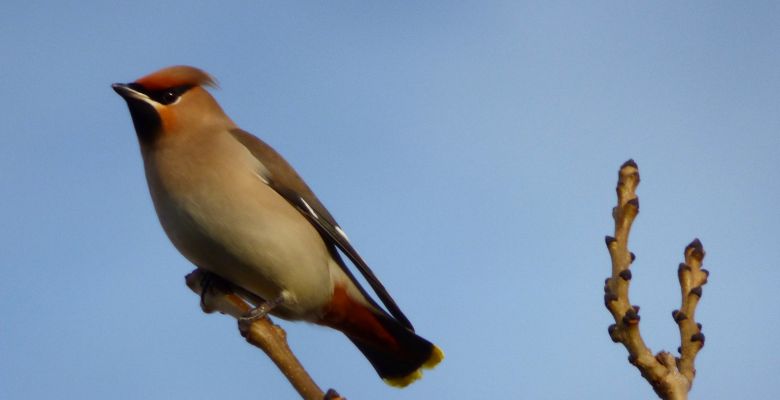By it’s very nature, ornithology is highly seasonal. It is because of this seasonality that wintering bird surveys are so important. As the year creeps towards mid-winter, our summer migrants have fled south seeking warmer climes. In their place, our winter visitors have arrived from Scandinavia and other areas of Europe. Therefore, wintering bird surveys form the second half of assessing a site’s importance to birds as they are not present during the summer season.
With recent arrivals of Redwing and Fieldfare, and gatherings of waders and waterfowl, there is no better time to get out and undertake winter bird surveys. As if a suite of new arrivals that haven’t been seen for six months wasn’t enough reason to love winter bird surveys, later sunrise times offer surveyors slightly longer in bed in the morning! Falling temperatures offer other benefits too: trekking over frozen fields is far easier (and faster) than slogging through miles of mud! It does, however, mean wrapping up in several layers of thermals, jumpers, and coats. To say it is “crisp” in Northumberland in December is an understatement, and, if there’s a breeze, it pays to remember a hat.
So far this winter, my personal highlight has been the Fieldfare, a member of the Thrush family. The posture of the Fieldfare is similar to that of a Blackbird, but that is where the similarity ends. A grey head, a brown back and wings, a speckled breast reminiscent of Song Thrush, and its harsh calls really set this bird apart from the more pedestrian members of the Thrush family.
Despite having been a keen bird watcher for several years now, I still have not managed to find a Waxwing, perhaps the most iconic winter visitor to the UK. Over the coming months, I have plenty of opportunities to tick it off my list. Hopefully I’ll get lucky and find one next week, but this close to Christmas, who knows? Maybe I’ll end up with a Partridge in a pear tree instead.

